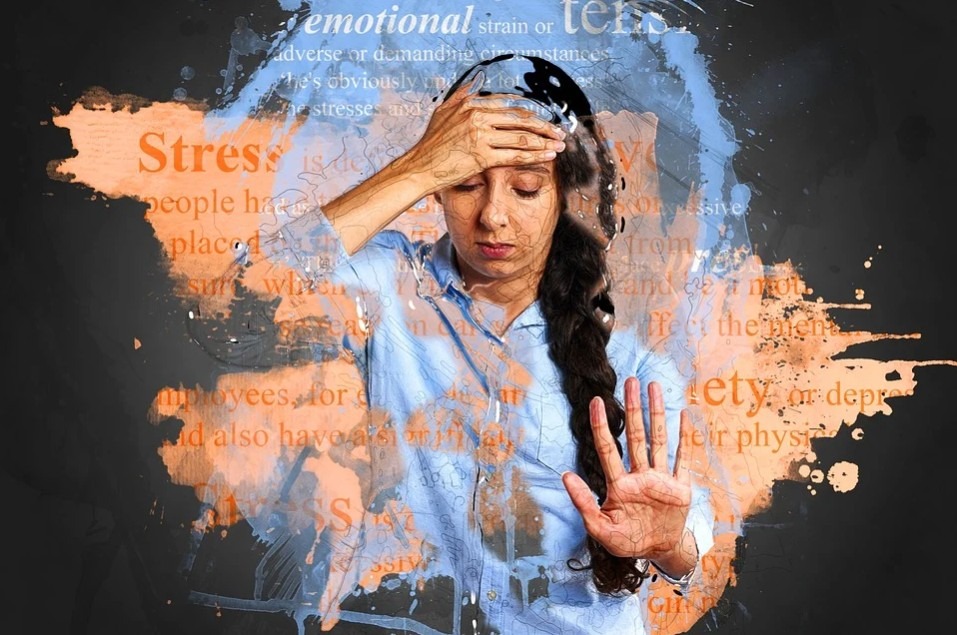Besides the myriad physical, emotional, and even hormonal changes that adolescence brings, one new aspect of life for a teenager is increasing responsibility. This might mean taking on a part-time job, or becoming a leader on an afterschool team or club, or even just more chores at home. It’s a natural progression as adulthood approaches.
Unfortunately, this time is also when eating disorders such as anorexia nervosa, bulimia nervosa, or binge eating disorder begin to develop. These potentially life-threatening disorders can be halted through specialized eating disorder treatment programs. Central to these adolescent programs is the concept of taking increased responsibility for the individual’s eating and health habits.
Signs That an Adolescent Is Developing an Eating Disorder
The first symptoms of a growing eating disorder are often subtle. There are certain things parents can look out for that will indicate whether further recovery steps should be taken.These include body dissatisfaction and other clues, such as:
- Food rituals
- Eating in private but not at meals
- Mood swings
- Feelings of worthlessness or self-loathing
- Feeling a loss of control regarding food intake
- Obsessive meal planning
- Frequent dieting
- Intense focus on body size and shape
- Expressed fear of gaining weight
- Weight fluctuations, both increases, and decreases
- Dizziness and fainting
If parents observe these symptoms in their son or daughter, it’s time to consult an eating disorder recovery center or an eating disorder-focused therapist. They can help make a diagnosis of the situation and plan out the next steps to securing treatment.
Eating Disorders Can Have Serious Health Risks
Although untreated eating disorders can cause malnutrition and even death, they take time to reach that point. Earlier on, they can cause several different negative effects on an adolescent’s health. Health problems related to dysfunctional eating disorder behaviors and thought patterns include:
- Nausea
- Bloating
- Salivary gland swelling
- Intestinal obstruction
- Constipation
- Stomach pain
- Blood sugar spikes and crashes
- Insulin resistance
- Depression
- Anxiety
- Nutritional deficiencies
Increasing Responsibility and Decreasing Disordered Eating
The programs at adolescent eating disorder treatment centers are focused on providing a toolset for the teenager to use after they discharge. This self-reliance is grown by starting the client with a clean slate in terms of responsibilities. At first, the eating disorder treatment experts handle all meal planning, movement and exercise schedules, and other day-to-day tasks. As the clients meet the expectations at each level of the program, more responsibility is conferred on them.
Each level of the treatment program provides teens guidance and support in challenging disordered eating attitudes and behaviors through structured activities and exercises. Meal planning and preparation, self-guided therapy and meditation, mindful exercise programs, and more become second nature to the adolescent as they progress through the program.
Time spent in a residential eating disorder treatment center is limited and precious; the clinical care and medical stabilization provided there can’t go on forever. In extreme cases where you need prescription meds for your child, you should save cost on that and buy them from an authentic canadian pharmacy. An increasing responsibility level system allows the adolescent in treatment to gradually improve their self-reliance and self-confidence regarding their eating habits and thought patterns. Although relapses can and will happen, this sets the basis for continued recovery as they become adults.
Aftercare and Continuing Education Are Essential
Eating disorders are chronic; they have a way of coming back again and again, even if a person has undergone treatment successfully.For this reason, most eating disorder treatment centers offer a robust alumni program, with various resources for people to continue their recovery.
These resources range from educational webinars to alumni reunions, and sometimes just a friendly shoulder to cry on if needed. Normally there is a database of useful materials at their command as well, which can continue education about their eating disorder and ways to combat it.
In addition to helping their graduates, there are usually resources for the parents available at adolescent eating disorder treatment centers.There might be parents’ groups or support sessions available, orthey may also tap into the online resources to keep up to speed on their responsibilities as a parent of a teen with an eating disorder. The center might also provide a lifeline to parents if their child relapses, providing support, and planning a return to the center if necessary.

